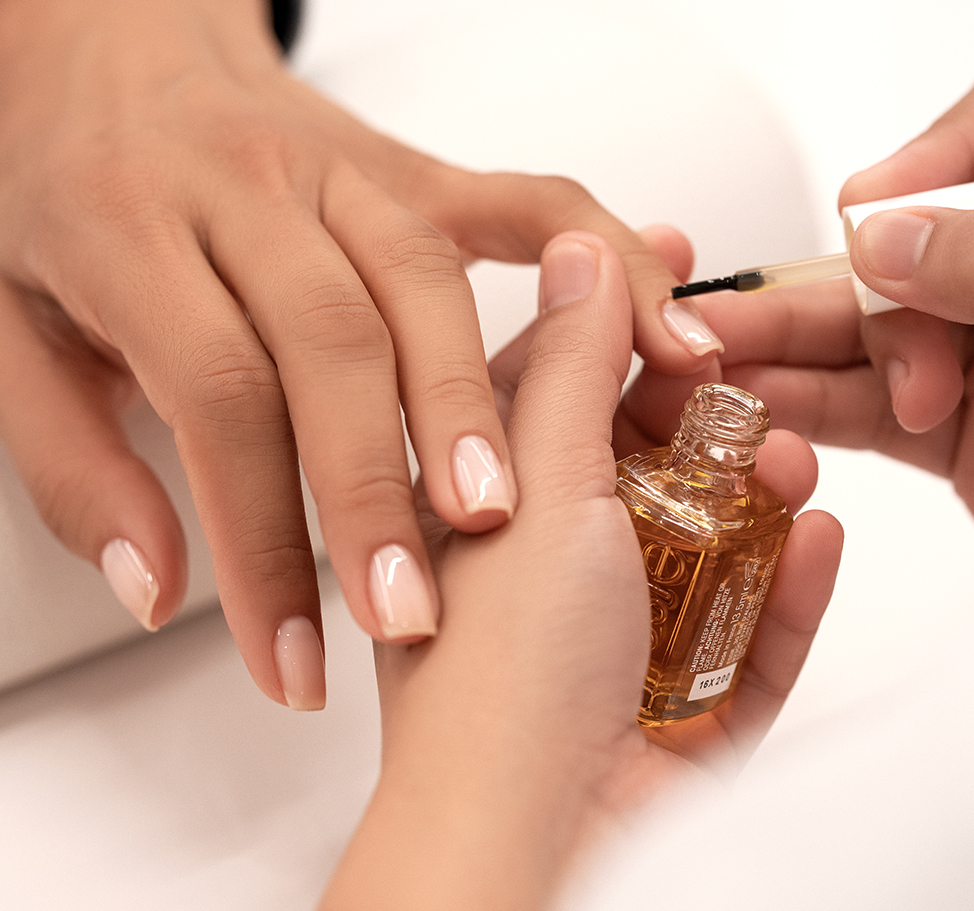
How Training Companies Build Programs That Actually Work
We all want training to be good. We want to walk away feeling smarter and more capable, not sleepy and […]

We all want training to be good. We want to walk away feeling smarter and more capable, not sleepy and […]

Dress codes can be intimidating. They sound strict and serious, like you might get scolded at the door for wearing […]

Time is often in short supply. Between work, family, and daily tasks, sitting down to think of a new secret […]

For the best results in any fabrication project, it is important to select the right stainless steel grade. Stainless steel […]

A vehicle issue in the middle of a trip is an unwelcome surprise. For a moment, it can feel stressful […]

Your balcony or patio is a small piece of the outdoors you can call your own. Filling it with the […]

Every space has a challenge. A room might feel cramped, lack light, or want a new purpose. Interior designers see […]

Upgrading your computer with a Solid State Drive (SSD) delivers a significant improvement in speed and responsiveness. In Saudi Arabia, […]

Astrology has a way of reflecting personality, style, and even mood through the stars. For those who love to express […]

A sudden stain on the ceiling or a strange scent from the walls, your home just presented a mystery. Solving […]